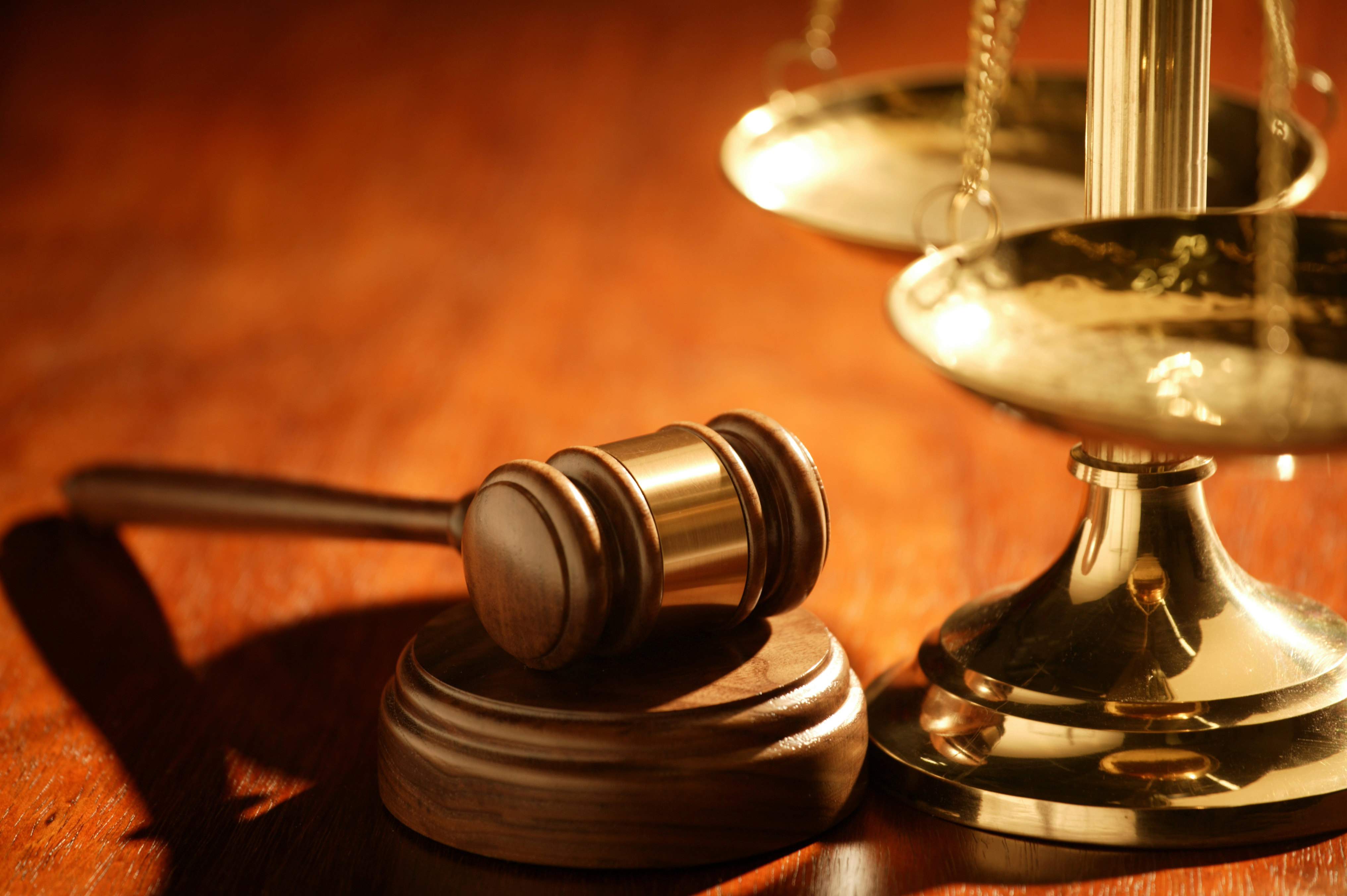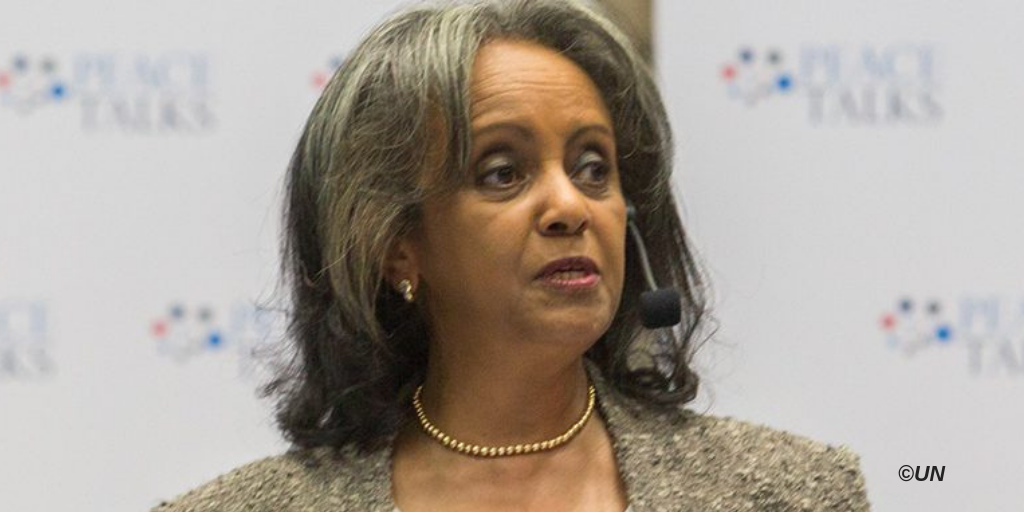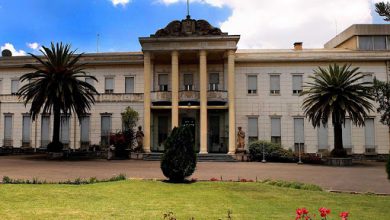Enforcing Constitutional Rights and the Use of Judicial Review
Protecting constitutional rights – this is one of the priorities for any democratic state. Countries of the western bloc advertise their commitment to the constitutional rights of citizens as a distinctive feature of their democracy and freedom. Central to the adequate protection of constitutional rights is the presence of an effective legal system that provides a transparent mechanism for such protection and clarifies the underlying principles. Judicial review – a model for protecting and cementing the constitutional rights of citizens – deserves particular attention. In essence, it means that any citizen who has standing can seek help from higher courts if lower courts fail to produce the expected decision and protect the citizen’s constitutional rights. It is a system that has a long history and enjoys a distinct status in democratic societies. Basically, it means that anyone can appeal to a higher authority to find enforcement of their constitutional rights. In a broader sense, the judicial review also empowers courts to question and review the decisions made by the executive organ and the legislator. It includes sub-parts of the government bodies of authority if they can potentially compromise the constitutional rights of citizens. Unfortunately, this is not the case of Ethiopia where judicial review and, in fact, protection of constitutional rights remained convoluted and intertwined with the legislative organ, House of Federation.
Judicial review is a subject that has been extensively discussed. However, it is most often misunderstood and confused with Judicial Power. Simply put, Judicial Power is the authority to settle disputes while Judicial Review is the power of the Courts (Supreme Court) to declare a law or an action of the executive branch unconstitutional.
With the growing awareness of constitutional rights as the basic unit of protection in democratic states, the concept of judicial review needs to be revisited. In general terms, it is “a procedure by which a person who has been affected by a particular decision, action or failure to act of a public authority may make an application to the Highest Court, which may provide a remedy if it decides that the authority has acted unlawfully” (Human Rights Commission, n.d.). In other words, it means that anyone who has a standing, whose constitutional right has been violated can seek protection from courts. Moreover, judicial review is a system of rights, principles, and mechanisms that allow a person with standing to appeal the decision issued by lower courts or the action of an executive organ or the legislators if such action contravenes the constitution.
The philosophy underlying judicial review is similar for most countries – providing step-to-step access to justice, from the lowest to the highest courts to protect a constitutional right. However, the form which judicial review takes in different countries may vary. Klatt (2015) distinguishes between three different roles of courts in judicial review. A detached role means that courts will certainly review each case of constitutional rights violation but will still promote the unquestionable authority of legislative and executive branches, leaving the enforcement of constitutional rights to them (Klatt, 2015). An engaged court empowers stakeholders to come together and propose a meaningful solution – a model espoused by the South African Constitutional Court (Klatt, 2015). Finally, a supreme court makes fully independent decisions that are based on a meticulous review of each policy that could potentially or actually lead to constitutional violations (Klatt, 2015). Whatever model courts choose to pursue, it will certainly be better and optimal as compared to the absence of judicial review as such.
Ethiopia is one of many African countries where the protection of constitutional rights is still unachievable. In Ethiopia, judicial review is absent both as a concept and as a mechanism for protecting the constitutional rights of citizens. It does not mean that the country does not have a Constitution or that citizens do not have basic rights. In fact, in 1995, Ethiopia passed the Constitution that guarantees the fundamental human rights in accordance with international humanitarian, legal, and moral principles. The problem is, the same constitution under Article 62. gives the House of Federation the exclusive power for reviewing and interpreting the provisions of the Ethiopian constitution above the judiciary. This system opens opportunities for speculation, misinterpretation, and injustice. Ethiopia desperately needs a conceptual turn in its judicial review structure to empower the supreme court – a new space for constitutional protection.
Ethiopians raise many questions regarding the protection of their constitutional rights. Unfortunately, Ethiopians have no explicit mechanism or strategy for protecting their constitutional rights. Nor do they have any confidence that the system will help them defend their rights.
Judicial review should become a legal and policy priority for Ethiopia. The United States, South Africa and other democracies around the world can set an example to facilitate the creation of such a system in Ethiopia.
Ed.’s Note: Samuel Alemu, Esq is a partner at the ILBSG, LLP. His partner at the ILBSG, LLP, Praveen C. Medikundam, Esq contributed to this article. They are both admitted to the bar associations of New York State, United States Tax Court, and the United States Court of International Trade. Samuel can be reached at [email protected].Samuel’s twitter handle is @salemu
Contributed by Samuel Alemu, Esq.
Note: released first on Reporter English






